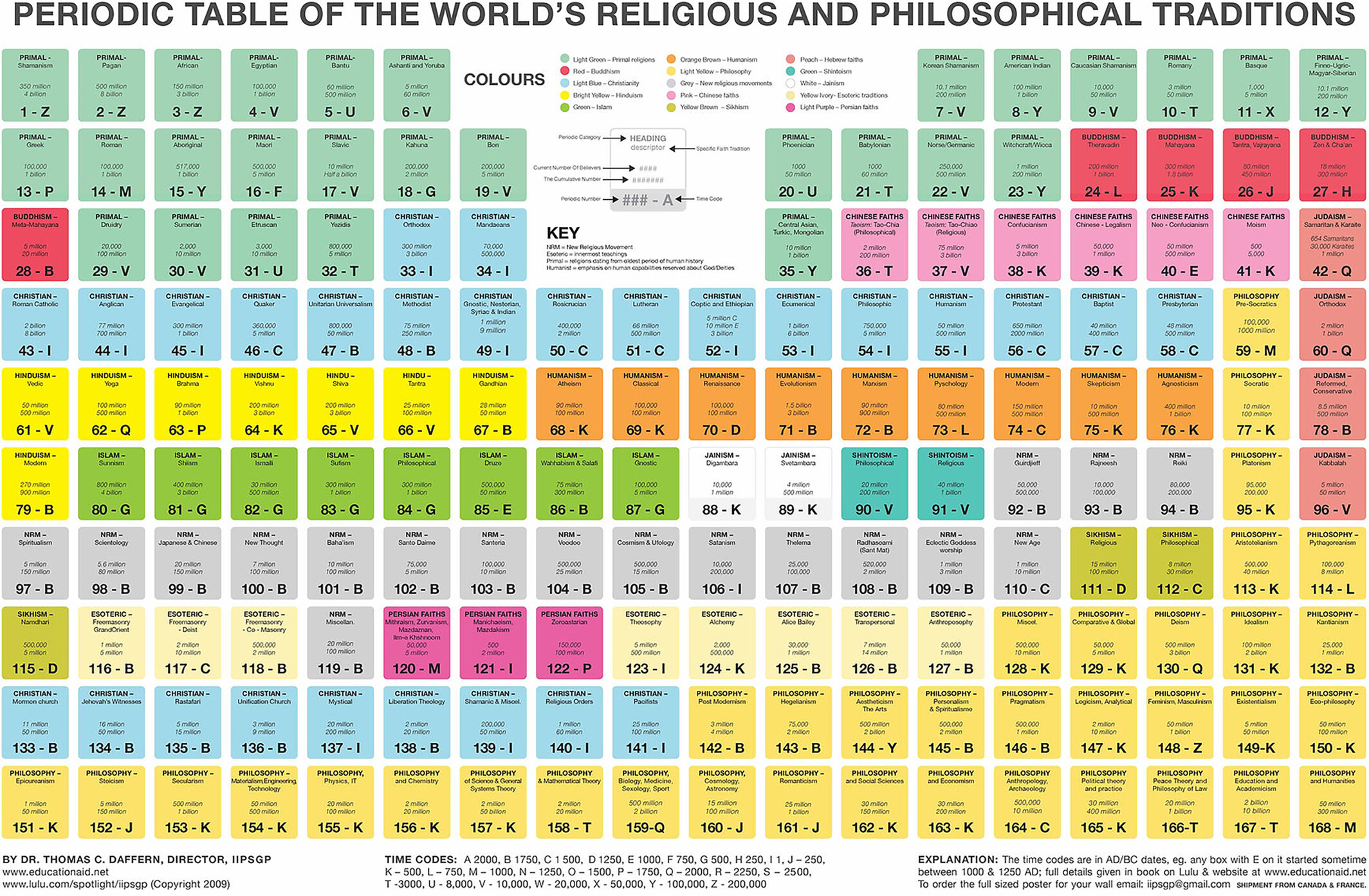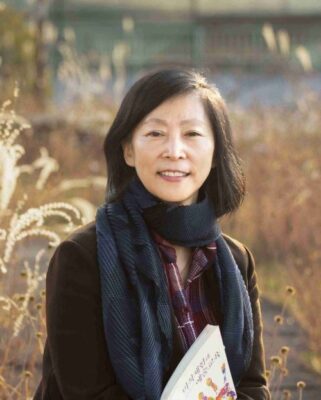The philosophy of education as a field has its roots in historical discussions going back to antiquity, led by ancient thinkers such as Confucius, Buddha and Socrates, among others. Today, philosophy of education is a rich international community of scholars that reflect upon and rethink practices and processes related to teaching, learning, and knowledge from diverse theoretical and philosophical orientations. However, as an intellectual and academic field that has grown and developed particularly rapidly over the course of the twentieth century, the philosophy of education – as taught, researched, and published around the world – has tended to articulate a strongly Western-oriented view, particularly with regard to the major trends and key shapers of thought throughout history.
Often it has been treated as unproblematic to equate the philosophy of education with Western philosophy of education: that is, the philosophy of education that draws mostly (if not exclusively) from the works of scholars from Western Europe and North America and focuses on topics and issues most pertinent to those locations. For instance, Harvey Siegel’s (Citation2009) edited text The Oxford Handbook of Philosophy of Education contains no major references to philosophical thought in education coming from beyond the Western world, nor does it include any contributors or key references coming from outside it (beyond nods to multiculturalism and diversity within western traditions). The same is true of The SAGE Handbook of Philosophy of Education (Bailey et al., 2010), Randall Curren’s A Companion to the Philosophy of Education (Wiley, 2003) and Richard Bailey’s (2010) The Philosophy of Education: An Introduction. The world beyond Western Europe and North America does not appear significant to the philosophy of education in these texts. This perspective has negatively shaped and limited curriculum, research, scholarly discourse, and educational practice and outcomes in the field globally.
More recently, there has been a trend to internationalize the field and develop a more inclusive (and also more truthful and comprehensive) view. However, this has again taken place from a largely Western perspective. Michael A. Peters’ (2016) Encyclopedia of Educational Philosophy and Theory aspired to publish ‘educational theory and philosophy by authoritative world scholars representing the full ambit of education as a rapidly expanding global field,’ as ‘an encyclopaedia that is truly global and while focused mainly on the western tradition is also respectful and representative of other knowledge traditions.’ Paul Smeyers’ International Handbook of Philosophy of Education (2018) includes a handful of authors and thinkers beyond Western traditions, particularly in its sections on schools of thought and leading thinkers. And the recent (Hytten, Citation2021) Oxford Encyclopedia of Philosophy of Education, edited by Kathy Hytten with Nuraan Davids, Paula Echeverri Sucerquia, Liz Jackson, and Tone Kvernbekk, similarly engages with ‘non-western voices and perspectives, both in terms of uncovering alternative points of view and seeking out work from people outside of dominant western contexts.’
However, it is still held as unproblematic by some leading scholars to equate the philosophy of education (or ‘good’ or ‘traditional’ philosophy of education) with Western philosophy of education. Most recently, Curren’s (2023) Routledge Handbook of Philosophy of Education, promised chapters ‘by an international team of distinguished philosophers,’ but again neglected to include any scholars in or topics from Asia, Africa, South America or Oceania….
From Jackson, L., & Kwak, D. J. (2025). Is philosophy of education Western? Educational Philosophy and Theory. (Advance online publication) https://doi.org/10.1080/00131857.2025.2485152





